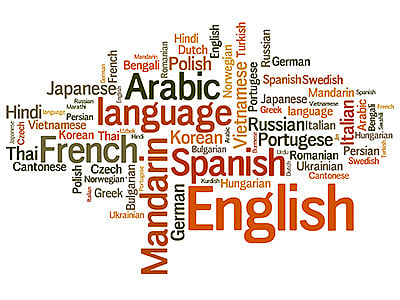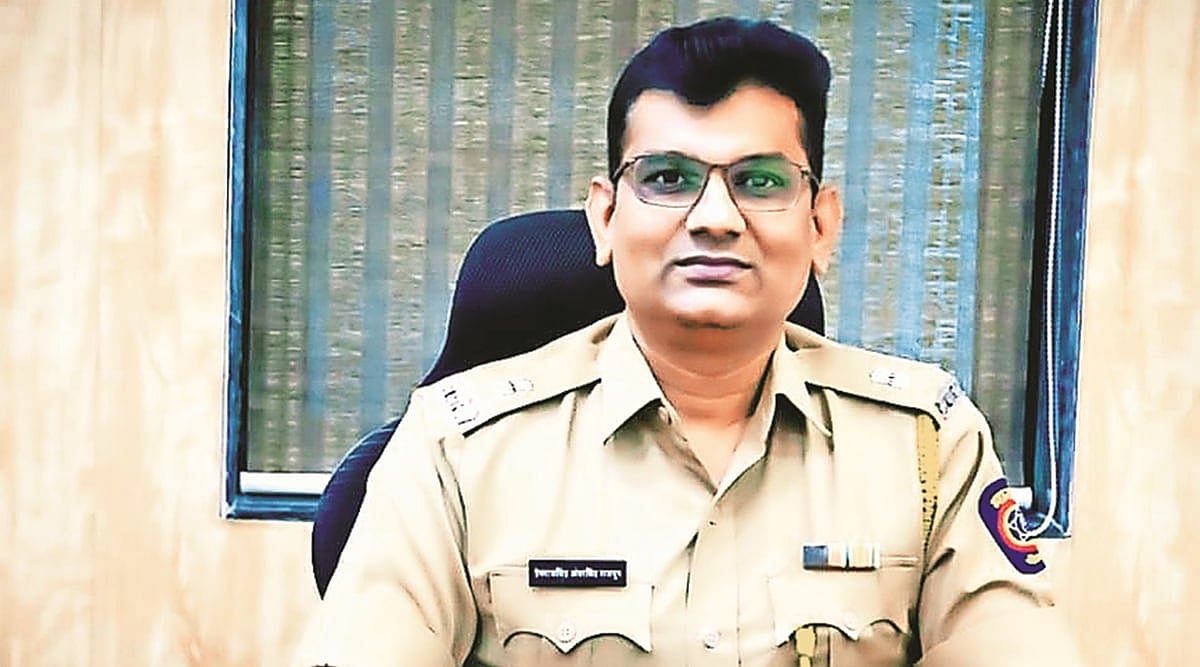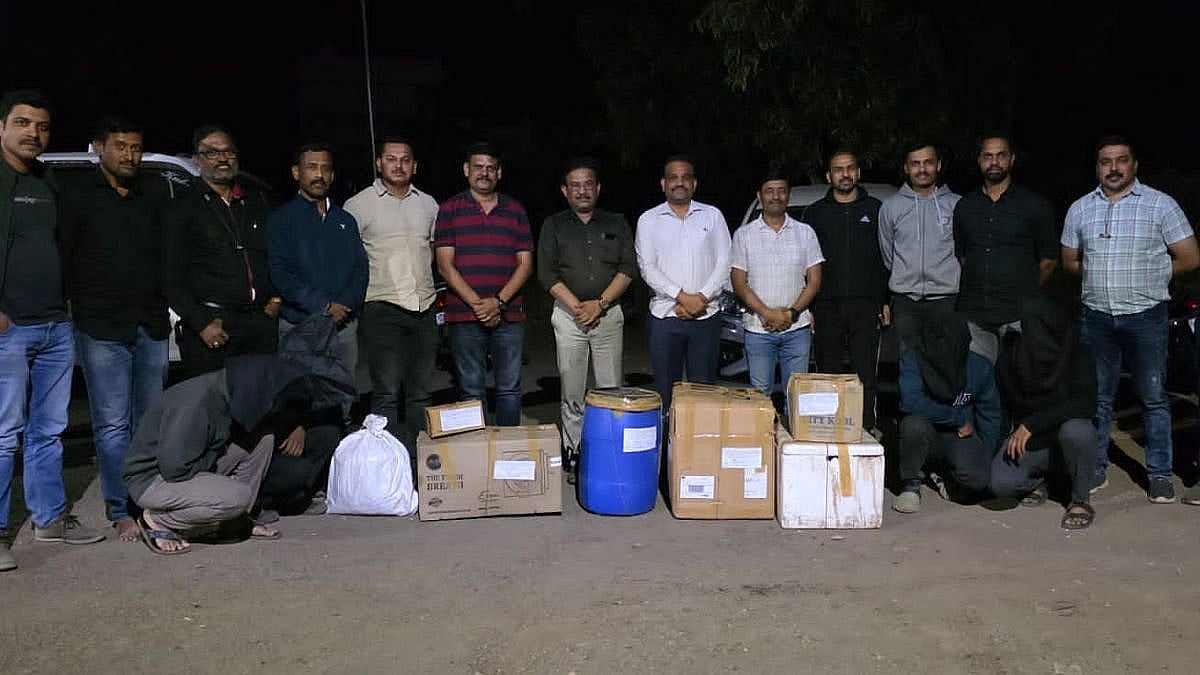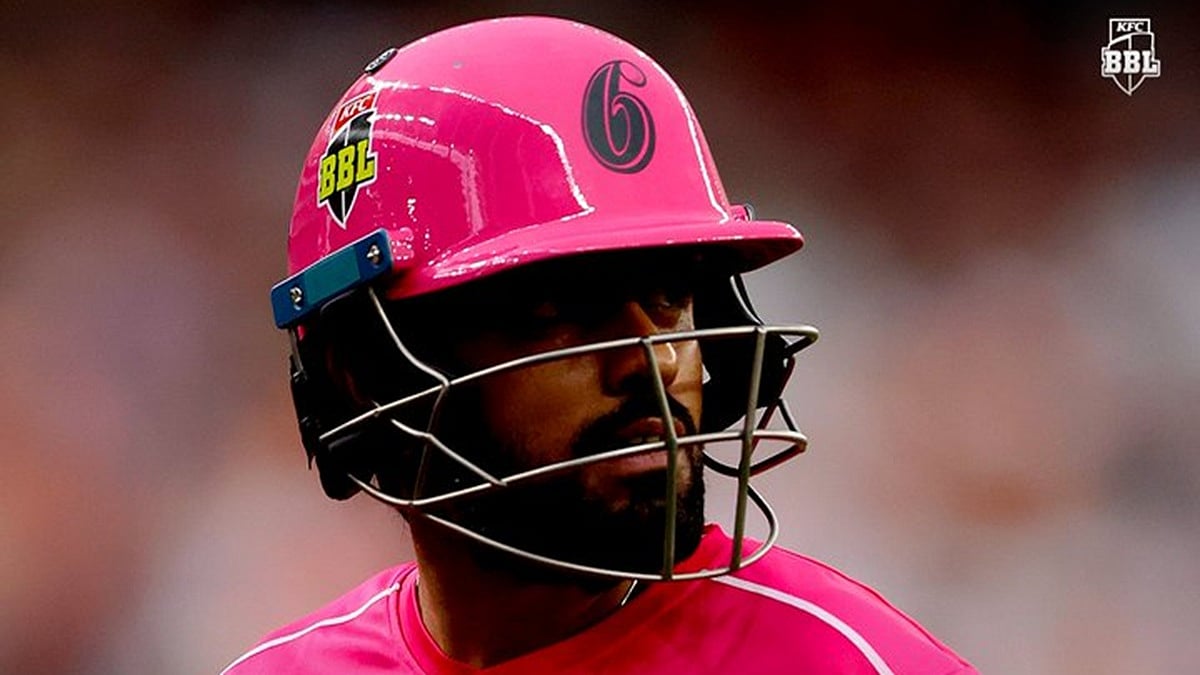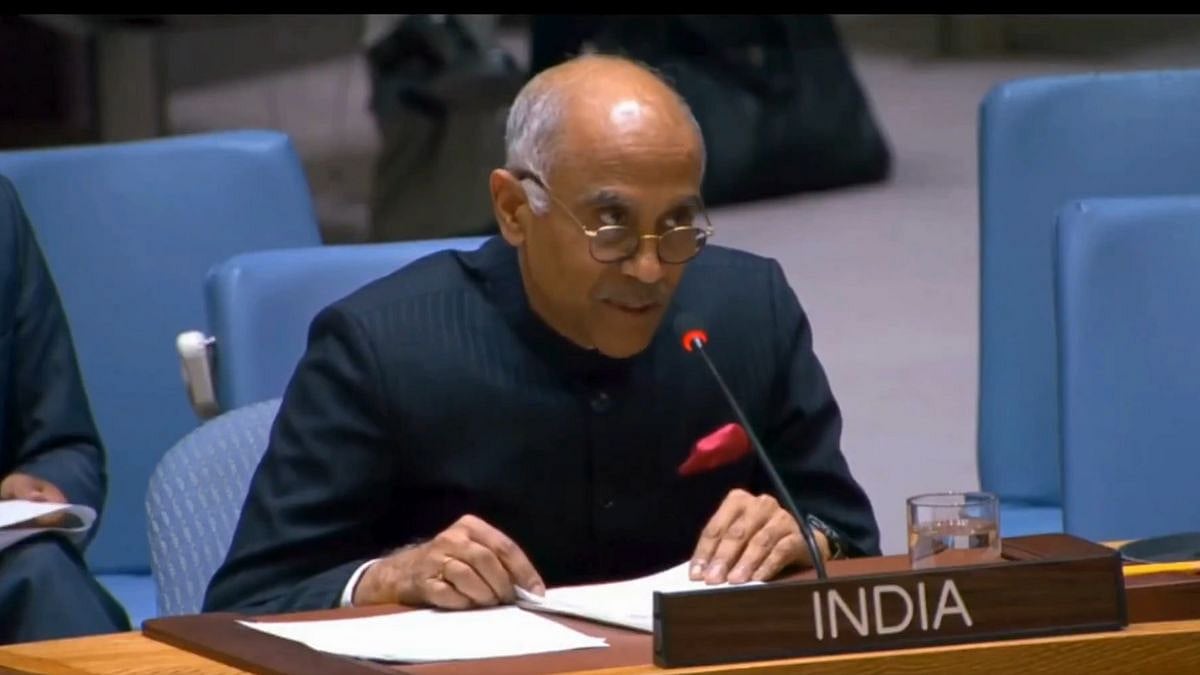Kalidasa had used two languages in his renowned masterpieces — Sanskrit for the learned men and Prakrit for the commoner. Machiavelli had written The Prince not in Latin, the language of the elite, but in Italian, the language of the people. The ancient texts had discriminated against languages demonstrating the socio-political ethos of that time. All nations, through history, have carried a baggage of languages.
India was divided in 1947 and our leaders wanted to give it one appropriate name. In Article 1(1) of the Constitution, in 1949, India was called Bharat — a land that stretches from the Himalayas to the Indian Ocean. But they could not give one official language to India. All contemporary nations have one national language — Standard Mandarin, Russian, German, Japanese et al. We do not have a national language! Strange.
There is no national language in India. The Constitution of India designates 22 official languages for the Government of India and recognises Hindi, written in the Devanagri script, as well as English as the official languages of the Union. Hindi or English is used for miscellaneous official purposes such as parliamentary proceedings, judiciary and communications between the Centre and a State Government. Hence, we not have to accept Hindi, but also English as our de facto language.
Our disregard for our own people has turned another page. The clause recommending mandatory Hindi teaching in all schools was dropped from the draft National Education Policy. Although the three-language formula that is cited in the draft does not specify the three languages, there should be effective measures to assert the necessity of Hindi.
National media and Bollywood have the most outreach. People from all other Indian languages add to the viewership of Hindi news channels, TV and cinema. Oxford has also accepted roti, bhel, aadhaar (Hindi word of the year 2018), sardar etcetera in its dictionary.
Ten states comprise the Hindi Heartland out of twenty nine that make 30 per cent of the country. A linguistic census has revealed that 44 per cent Indians speak Hindi. The Hindi speakers ought to unite and embrace with a big heart and compassion all other Indian languages.
Folklore has it that India had a very robust education system since the age of gurukul. The moral values, respect towards the ruler, reverence for the parents, compassion for all living beings, worldwide popular the nine Indian philosophies and, of course, zero — are all inheritance of the Indian education system. When the Britishers wanted to gnaw at our roots, they created an education matrix that suited them and ruled over the young minds. They instilled the love for things English - food, clothing, style, accent, attitude, infrastructure, colours, snobbery, and what not, for generations.
Lord Macaulay had stopped the printing of Sanskrit books and imposed English texts on the Indian education system. His colonial vision brought things to such a pass that we love everything English despite Mahatma Gandhi starving himself for Swadesi Abhiyan.
Children from the Hindi or a vernacular medium are looked down upon and derisively shrugged off as backward.
Is it really wrong to think or study in your mother tongue? A native English speaker will understand a concept better when explained in English than a student from a foreign language only because he will have to break his head to understand the language first and then the concept.
The divide widened. We think that religion divides India into Hindu, Muslim, Sikh, Christian… Not so. Not at all. We are divided by languages into Gujarati, Marathi, Bengali, Kannada, Tamil, Telugu, Malayali, Punjabi, etc, and at the periphery, Hindi. There is nothing wrong in living in a multi-lingual state, but the problem is in the lopsided division. We love to eat food from different regions and cultures but we cannot stand a person speaking another Indian tongue at the same stall of paanipuri. A person speaking Russian will not draw attention but a person from another region speaking another language becomes despicable.
According to Dr Bharill, languages go through a subtle dynamic change every twelve kilometres. George Bernard Shaw also created Prof Higgins in Pygmalion, who could recognise tongues every few miles. His famous character, Prof Higgins, was able to successfully pass a flower-girl for a Duchess by teaching her how to brush up her vowels. Languages have always been a criterion for class distinction.
India has innumerable dialects in every region but we cannot come up with one national language. Out of all the other tongues in India, most states speak Hindi. With its roots in Prakrit and Sanskrit, it is a historical and prosperous language with a structured grammar. The irony is that if a speaker talks in English with a sprinkling of French or Spanish words, we are impressed, but if a speaker uses a few Hindi expressions while speaking in English, we look down upon him.
Languages are codes. They are symbols. A language is the ideology of the native. It resonates with the sound of the soil which should be a matter of pride. Each speck of our ‘mitti’ — from the Himalayas to the Indian Ocean — encompasses the values and cultural unity of this land.
It is high time we reflect why are we against Hindi? Is it because we feel less important or, I dare not say, inferior when we speak Hindi? Is it because we feel less English when we speak Hindi? Is it because the other native languages in India feel intimidated and threatened? The real problem arises when we do not agree with one tongue-one nation policy and keep on bickering. In our petty fights, English has triumphed by default.
As we drum it into our children that they must be proficient (only) in English, English has become our mother tongue for all intents and purposes.
Pragya Jain
The writer is an educationist. Views are personal.
